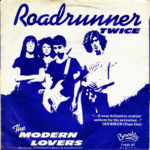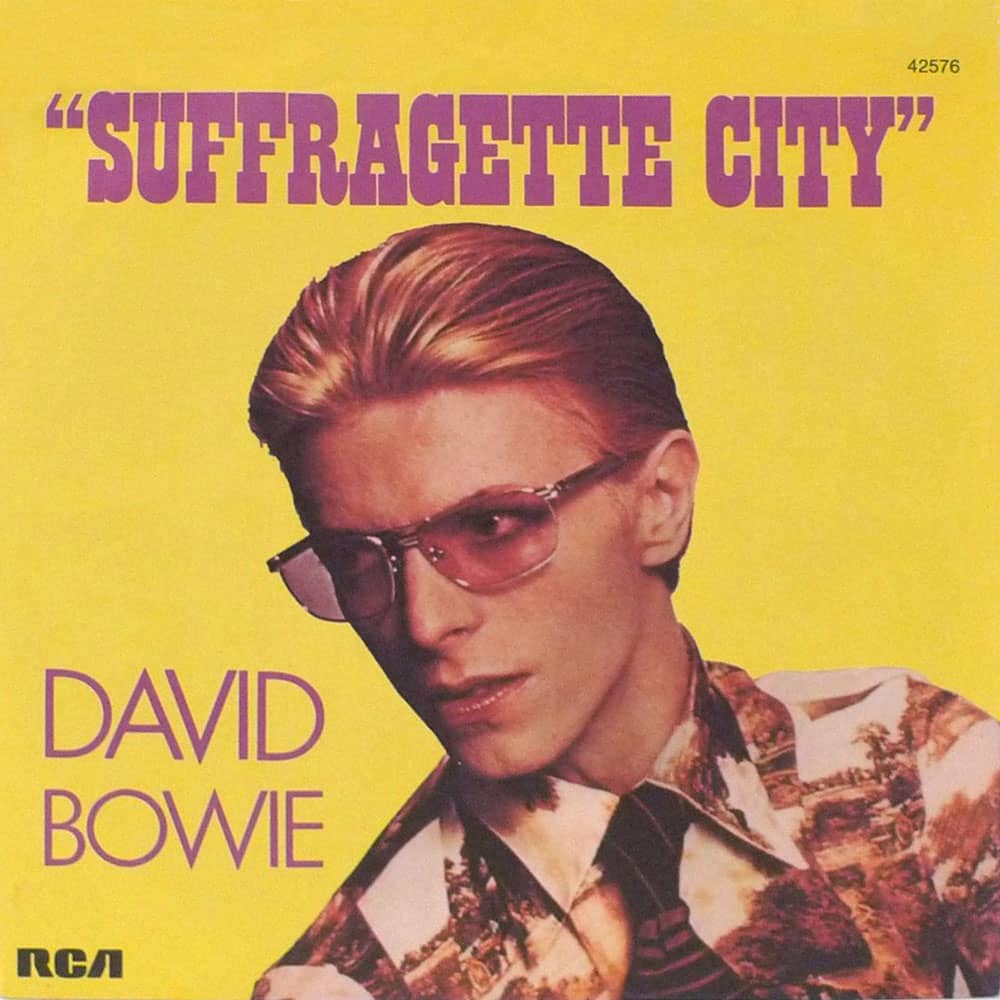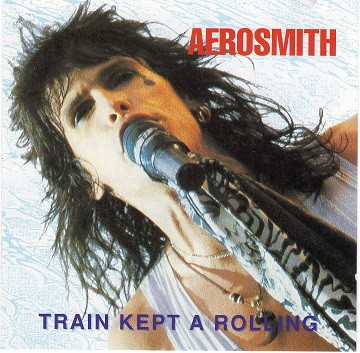 “Roadrunner” by The Modern Lovers is a landmark track that captures a raw, kinetic energy simmering beneath the surface of 1970s American rock music. Written and performed by Jonathan Richman and his band, The Modern Lovers, “Roadrunner” stands as a seminal piece that bridges the gap between proto-punk, garage rock, and what would soon explode into punk and alternative music. The song’s loose, hypnotic rhythm, vivid lyrical imagery, and unabashed celebration of suburban and urban landscapes gave voice to a restless generation and created a blueprint for countless musicians who followed.
“Roadrunner” by The Modern Lovers is a landmark track that captures a raw, kinetic energy simmering beneath the surface of 1970s American rock music. Written and performed by Jonathan Richman and his band, The Modern Lovers, “Roadrunner” stands as a seminal piece that bridges the gap between proto-punk, garage rock, and what would soon explode into punk and alternative music. The song’s loose, hypnotic rhythm, vivid lyrical imagery, and unabashed celebration of suburban and urban landscapes gave voice to a restless generation and created a blueprint for countless musicians who followed.
Jonathan Richman wrote “Roadrunner” in the early 1970s, inspired by his experiences driving around the outskirts of Boston, Massachusetts, with the elevated highways and sprawling industrial vistas serving as a backdrop for a kind of romantic escapism and youthful freedom. The song’s narrative is deceptively simple—a drive, night after night, down the roads near Boston, windows down, radio on, immersed in the rhythmic hum of the city’s outskirts. Yet within this simplicity lies a profound expression of longing, identity, and the search for meaning amidst the humdrum of everyday life.
Musically, “Roadrunner” is built on a repetitive and driving chord progression that mimics the feel of the open road and the sensation of speed. The steady, almost hypnotic guitar riff propels the track forward with a relentless energy that evokes both urgency and freedom. This minimalist approach was groundbreaking at the time, stripping rock music down to its essentials and focusing on mood and attitude over technical complexity. The pounding drums and twangy guitars, combined with Richman’s distinctive vocal delivery—a mix of earnestness, joy, and slight nasal twang—create a sound that is both raw and infectious.
Lyrically, “Roadrunner” paints a vivid portrait of the American suburban and urban experience. Richman’s words are a love letter to the simple pleasures of late-night drives and the strange beauty found in ordinary places—strip malls, industrial parks, and empty highways. His repeated references to landmarks such as Route 128 and the Massachusetts Turnpike root the song deeply in a specific geographic and cultural context, while simultaneously tapping into universal themes of escape, youth, and the open road.
The song’s chorus—“Hey, roadrunner, roadrunner, roadrunner, roadrunner”—functions as a mantra, reinforcing the sense of motion and restlessness that defines the track. It’s a call to keep moving, to keep searching, and to embrace the freedom that comes with the journey itself rather than a particular destination. This repetitive hook became emblematic of the band’s style and set “Roadrunner” apart as a track that could build momentum and intensity through simplicity.
“Roadrunner” was recorded multiple times during the early 1970s, with versions produced by John Cale, Kim Fowley, and others, each capturing different facets of the song’s evolving identity. The most famous version, produced by John Cale in 1972, was never officially released at the time but has since become a cult classic, showcasing a rawer, more urgent take on the song. The various recordings highlight the song’s flexibility and enduring appeal, with each version resonating with different audiences for its authenticity and energy.
The song’s influence on punk and alternative rock cannot be overstated. “Roadrunner” is often cited as a proto-punk anthem, laying the groundwork for the stripped-down, DIY ethos that would define the punk movement later in the decade. Its emphasis on directness, repetition, and emotional honesty resonated deeply with musicians who sought to break away from the excesses of mainstream rock. Bands like The Ramones, Talking Heads, and The Clash drew inspiration from The Modern Lovers’ unpretentious approach and Richman’s candid lyricism.
Jonathan Richman’s vocal style on “Roadrunner” is notable for its vulnerability and charm. Unlike the aggressive delivery common in punk, Richman’s voice conveys a sincere, almost childlike wonder at the world around him. This quality helped carve a unique niche for The Modern Lovers, blending punk’s energy with a gentler, more melodic sensibility that would influence the emerging indie and alternative scenes.
“Roadrunner” also captures the dichotomy of American life in the 1970s—the tension between suburban monotony and the desire for adventure. The song’s repeated emphasis on driving through empty highways and commercial landscapes reflects a yearning to escape the constraints of routine, while simultaneously celebrating the strange beauty found within those very confines. It encapsulates a feeling of alienation and connection, restlessness and comfort.
The song’s enduring appeal lies in its ability to transport listeners. Even decades after its initial conception, “Roadrunner” evokes the sensory experience of a night drive—the hum of tires on pavement, the flickering streetlights, the distant glow of cities, and the endless possibilities ahead. It invites the listener to partake in a journey that is as much about introspection as it is about movement.
“Roadrunner” became a cult favorite in the underground music scene before gaining broader recognition. Though The Modern Lovers never achieved massive commercial success, their impact was profound. The song has been covered by numerous artists across genres, further cementing its status as a timeless anthem. Its legacy persists not only in the music it inspired but in the cultural mythology of rock ‘n’ roll as a vehicle for freedom and self-expression.
The song’s production style—sparse, direct, and unpolished—contributes to its authenticity. It captures the energy of a live performance, preserving the spontaneity and imperfections that give “Roadrunner” its charm. This approach was a deliberate contrast to the heavily produced rock music of the era, emphasizing raw emotion and immediacy.
Beyond its musical qualities, “Roadrunner” resonates as a narrative of youth and identity. Jonathan Richman’s lyrics, though anchored in a specific locale, articulate universal themes of exploration, desire, and the search for meaning. The song’s focus on mundane yet evocative details invites listeners to find beauty in everyday experiences and to embrace the journey of self-discovery.
“Roadrunner” also stands as a testament to Jonathan Richman’s songwriting prowess. His ability to craft compelling stories from simple observations, combined with his distinctive melodic sensibility, made The Modern Lovers a critical influence on later artists. Richman’s work bridged the gap between garage rock’s rawness and the emerging art-punk and indie scenes.
The song’s minimalist structure allows for an emphasis on mood and atmosphere. Its repetitive riff and chorus create a trance-like state that mirrors the hypnotic nature of driving itself. This simplicity is deceptive, as the track conveys complex emotions through its nuanced performance and lyrical depth.
Live performances of “Roadrunner” often extend the song’s energy, with bands using its repetitive nature to build intensity and connect with audiences. The track’s ability to evolve in performance settings demonstrates its versatility and enduring power.
“Roadrunner” also reflects the spirit of DIY and independence that permeated the early punk scene. The Modern Lovers’ approach to music-making—eschewing commercial polish for authenticity and directness—resonated with a generation disillusioned by mainstream culture. This ethos would become a defining characteristic of punk and alternative music movements.
The song’s geographic specificity—mentioning actual roads and places—grounds it in reality while also elevating the mundane to the poetic. This blend of realism and romanticism gives “Roadrunner” its unique character and emotional resonance.
“Roadrunner” challenges conventional ideas of what a rock song can be. Its focus on repetition, atmosphere, and narrative over traditional song structures paved the way for new forms of musical expression. It showed that simplicity could be powerful and that emotional honesty could resonate more than technical virtuosity.
The song’s cultural impact extends beyond music. It has been referenced in films, literature, and other art forms, symbolizing the restless spirit of youth and the American fascination with the open road. “Roadrunner” captures a particular moment in time while remaining timeless in its themes and appeal.
In conclusion, “Roadrunner” by The Modern Lovers is a groundbreaking track that encapsulates the spirit of American urban life, youthful restlessness, and the dawn of punk and alternative rock. Its hypnotic rhythm, vivid storytelling, and raw authenticity have left an indelible mark on music history. Jonathan Richman’s ode to the open road and the simple pleasures of night driving continues to inspire and resonate, making “Roadrunner” a timeless anthem of freedom, movement, and the search for meaning in the everyday.


